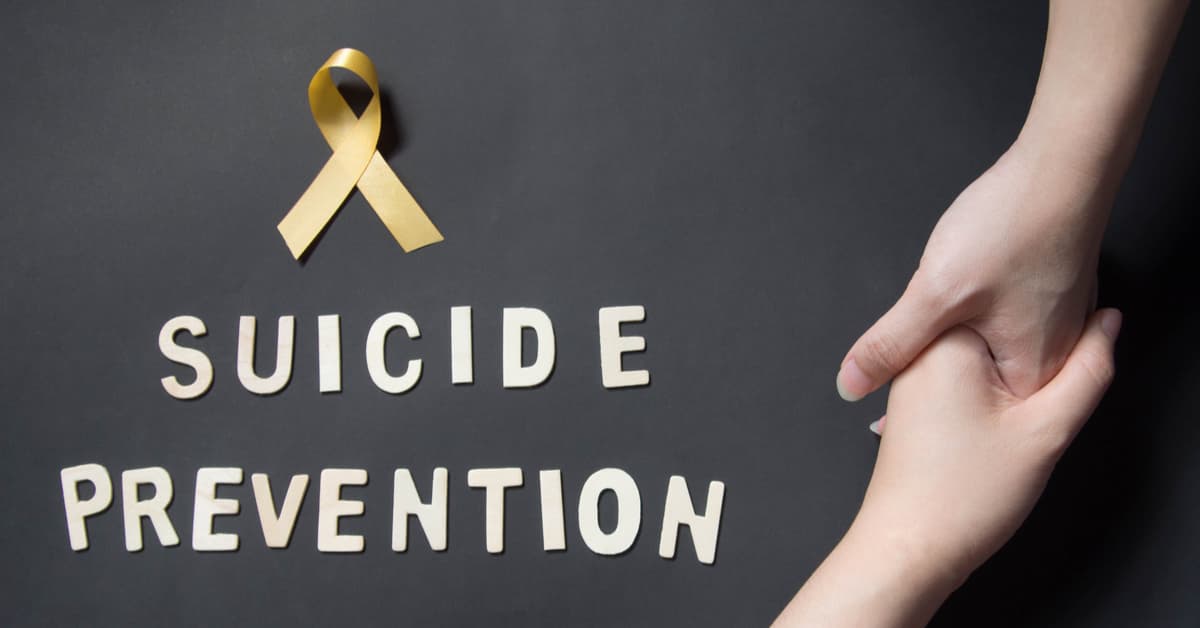For many parents, it’s a nightmare come true to learn that your child is feeling suicidal. If you are in this situation, know that you are not alone. Reach out for assistance in helping your suicidal child. You don’t have to walk through this struggle alone.
If your child has suicidal thoughts, contact the suicide lifeline at 1-800-273-TALK (8255). Their trained counselors can walk your family through the crisis in the moment and provide guidance for continuing care. As you start seeking more long term care for your child, there are several options to consider from therapy sessions near home to residential treatment centers. For additional guidance, reach out to Help Your Teen Now or review content related to treating suicidal thoughts in troubled teens.
Some of the risk factors for suicide include:
With teen suicide on the rise nationally, it’s important to know the risk factors for suicide. Some of the risk factors include:
- Having a known mental health condition. Nearly half of the people who commit suicide already have an underlying mental health condition.
- Substance abuse. Drug and alcohol abuse are linked to suicide ideation. When someone already struggles with depression or other mental health issues, the effects of drugs and alcohol can exacerbate their problems. They can make bad situations seem even worse than usual.
- Recent tragedy or loss. When teens lose someone who is very close to them, they can start feeling like they are alone in the world. That feeling of isolation and hopelessness can lead to suicidal thoughts.
- A history of suicide in the family. Mental health issues, including suicide ideation, can be hereditary.
How to approach a suicide crisis
Knowing what to do if your troubled teen becomes suicidal will help your family get through the crisis together. Remain calm and follow these steps from the Suicide Prevention Lifeline.
1. Ask Questions
If you suspect that your child is suicidal, ask them about it directly. By asking them specifically if they are thinking about committing suicide, your child will have an opportunity to talk about it. For many people, being able to talk openly about their feelings provides a sense of relief. Remain supportive and non-judgmental throughout the conversation and genuinely listen to what they have to say.
2. Be There
Feeling connected to another person and feeling supported by that person can help lessen suicidal thoughts in teens. Whether you’re there in person or just there to listen when they need to talk, being available to your teen is imperative.
3. Keep Your Teen Safe
Remove any items that can easily be used in a suicide attempt. This could include guns, pills, razor blades, and more. If the means of suicide aren’t readily available, your teen will be less likely to impulsively act on their feelings.
4. Help Your Teen Stay Connected
Connect your troubled teen with the support that they need to get through the crisis. You may need to seek long-term help from counselors who are trained in addressing mental health issues. A residential treatment center or therapeutic boarding school could help your child receive the help that they need on a long-term basis.
5. Follow Up With Your Teen
After the initial suicide crisis is over, follow up with your teen to see how they are doing. Continue getting them the professional help that they need and continue offering support to them.
If you have a suicidal child, act quickly to get help. You can call the National Suicide Prevention Hotline at 1-800-273-TALK (8255) or chat with them online at www.suicidepreventionlifeline.org. They will connect you with a counselor who will help walk you through the crisis right then and will help you find ongoing help for your child. This suicide lifeline has helped save countless people and will be there for your family as well.
Your teen may need more help than you can offer them at home. If that’s the case, you may need to consider a residential treatment center or therapeutic boarding school with trained staff to help your child through this difficult time in their life. Help Your Teen Now has helped thousands of parents of struggling teens find the right school for their child. Contact them today to learn more about the options available to your family.











0 Comments